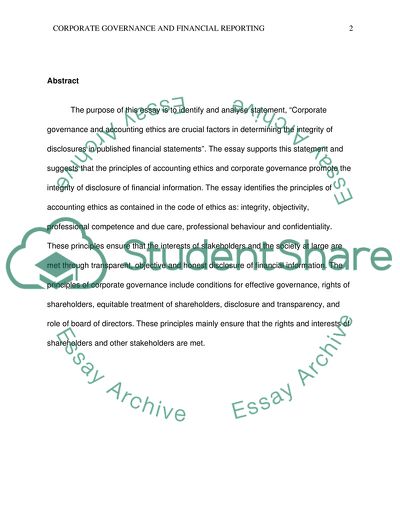Cite this document
(Corporate governance and financial reporting Essay, n.d.)
Corporate governance and financial reporting Essay. https://studentshare.org/finance-accounting/1855544-corporate-governance-and-financial-reporting
Corporate governance and financial reporting Essay. https://studentshare.org/finance-accounting/1855544-corporate-governance-and-financial-reporting
(Corporate Governance and Financial Reporting Essay)
Corporate Governance and Financial Reporting Essay. https://studentshare.org/finance-accounting/1855544-corporate-governance-and-financial-reporting.
Corporate Governance and Financial Reporting Essay. https://studentshare.org/finance-accounting/1855544-corporate-governance-and-financial-reporting.
“Corporate Governance and Financial Reporting Essay”. https://studentshare.org/finance-accounting/1855544-corporate-governance-and-financial-reporting.


